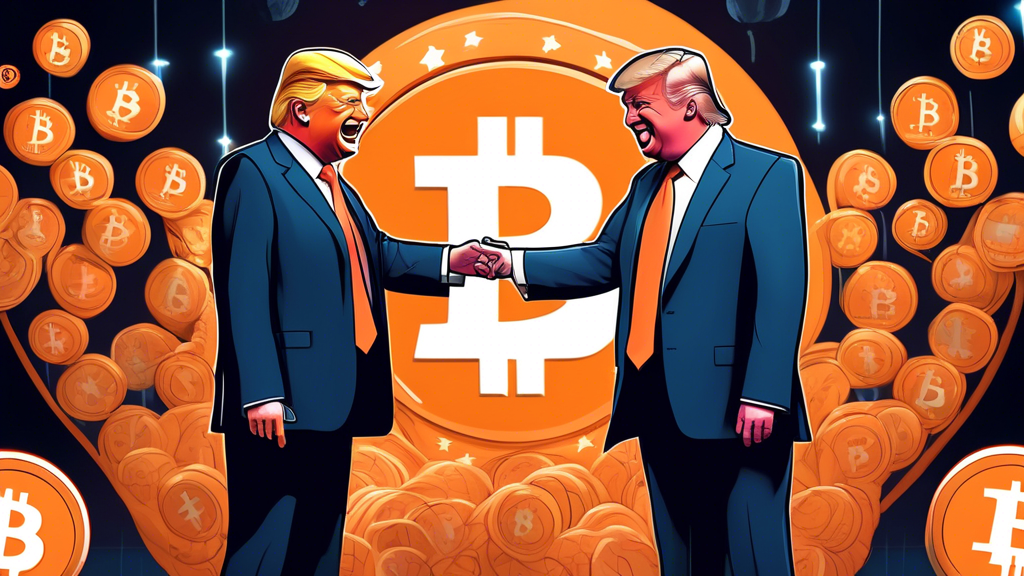The Dispute Between FTX and the CFTC is Finally Resolved: What Was It Worth?
The prolonged dispute between the cryptocurrency exchange FTX and the Commodity Futures Trading Commission (CFTC) has finally found its resolution. This standoff, which has attracted considerable attention from both the crypto community and regulators, sheds light on the evolving landscape of cryptocurrency regulation and the growing pains of a rapidly expanding industry. At its core, the dispute revolved around the CFTC’s allegations against FTX for violating specific trading and derivatives regulations.
The Crux of the Dispute
FTX, known for its innovative approach to crypto trading and its rapid ascent within the industry, faced scrutiny from the CFTC over its execution of certain derivative transactions on behalf of its customers. The regulator’s concerns were primarily focused on whether FTX had adequately registered with the CFTC to conduct such transactions and whether it had implemented the necessary compliance measures to protect market integrity and its customers.
The Resolution
After a series of negotiations and legal proceedings, the dispute culminated in a landmark settlement. Although the specific terms were not disclosed publicly, it is understood that FTX agreed to make significant changes to its operational and compliance strategies. This includes stricter adherence to CFTC regulations, enhanced customer protection mechanisms, and more transparent communication with regulators.
This settlement is noteworthy not only for its immediate implications for FTX but also for its broader impact on the cryptocurrency industry. It serves as a precedent for how regulatory bodies might approach similar disputes with other crypto exchanges and sets a new standard for compliance and cooperation between the crypto industry and regulatory authorities.
What Was It Worth?
The resolution of the dispute between FTX and the CFTC carries multiple layers of significance. For FTX, it represents an opportunity to continue its operations while adhering to U.S. regulatory standards, potentially setting the stage for more robust growth and innovation within a legal framework. For the CFTC, it underscores the commission’s commitment to enforcing its regulations and its adaptability in addressing the unique challenges posed by the digital assets market.
More broadly, this settlement illustrates the importance of regulatory clarity and cooperation in fostering an environment where the cryptocurrency market can flourish. It emphasizes the need for crypto exchanges and regulators to work together to ensure market stability, protect investors, and facilitate the healthy development of the cryptocurrency ecosystem.
Finally, it invites a reflection on the value of such disputes in the larger context of cryptocurrency’s integration into mainstream finance. While conflicts between emerging tech companies and regulators are not new, each resolution contributes to a legal and regulatory framework that is more inclusive of technological innovation yet mindful of consumer protection and market integrity.
In conclusion, the resolution of the dispute between FTX and the CFTC was worth more than just the settlement itself; it was a significant step towards achieving a balanced and forward-looking regulatory approach that will benefit the cryptocurrency industry, its participants, and regulators alike.


